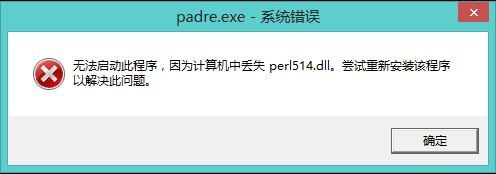4.8. The use strict PragmaPerl tends to be a permissive language.[
A pragma is a hint to a compiler,telling it something about the code. In this case,the use strict pragma tells Perl's internal compiler that it should enforce some good programming rules for the rest of this block or source file. Why would this be important? Well,imagine that you're composing your program,and you type a line like this one: $bamm_bamm = 3; # Perl creates that variable automatically Now,you keep typing for a while. After that line has scrolled off the top of the screen,you type this line to increment the variable: $bammbamm += 1; # Oops! Since Perl sees a new variable name (the underscore is significant in a variable name),it creates a new variable and increments that one. If you're lucky and smart,you've turned on warnings,and Perl can tell you that you used one or both of those global variable names once in your program. But if you're merely smart,you used each name more than once,and Perl won't be able to warn you. To tell Perl you're ready to be more restrictive,put the use strict pragma at the top of your program (or in any block or file where you want to enforce these rules): use strict; # Enforce some good programming rules Now,among other restrictions,[*] Perl will insist that you declare every new variable,usually done with my:[
my $bamm_bamm = 3; # New lexical variable If you try to spell it the other way,Perl can complain that you haven't declared any variable called $bammbamm,so your mistake is automatically caught at compile time. $bammbamm += 1; # No such variable: Compile time fatal error Of course,this applies only to new variables; you don't need to declare Perl's built-in variables,such as $_ and @_.[
Most people recommend that programs that are longer than a screenful of text generally need use strict. And we agree. From here on,most (but not all) of our examples will be written as if use strict is in effect even where we don't show it. That is,we'll generally declare variables with my where it's appropriate. Though we don't always do so here,we encourage you to include use strict in your programs as often as possible. |



 1. 如何去重 #!/usr/bin/perl use strict; my %hash; while(...
1. 如何去重 #!/usr/bin/perl use strict; my %hash; while(... 表的数据字典格式如下:如果手动写MySQL建表语句,确认麻烦,...
表的数据字典格式如下:如果手动写MySQL建表语句,确认麻烦,... 巡检类工作经常会出具日报,最近在原有日报的基础上又新增了...
巡检类工作经常会出具日报,最近在原有日报的基础上又新增了...